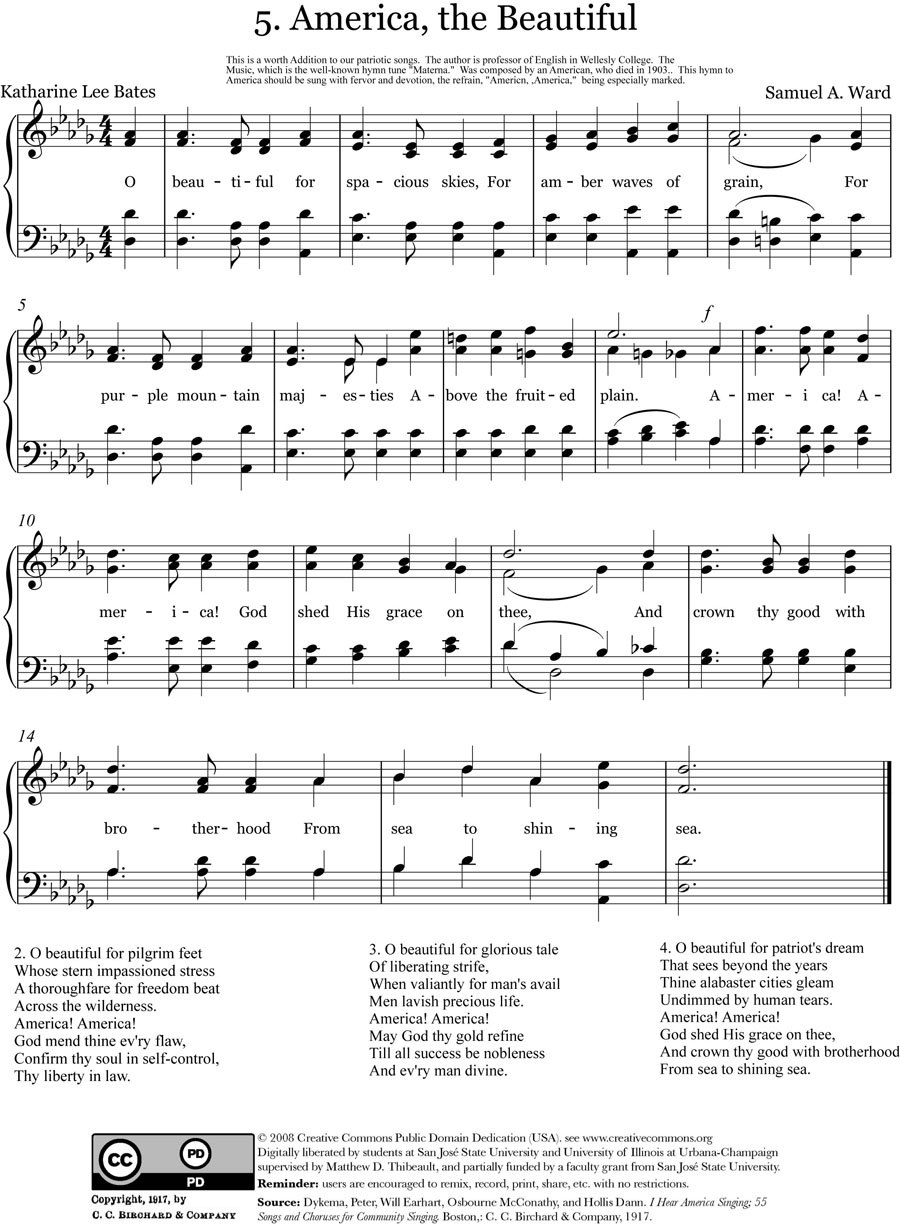Another Full Day Of Fun Has Arrived
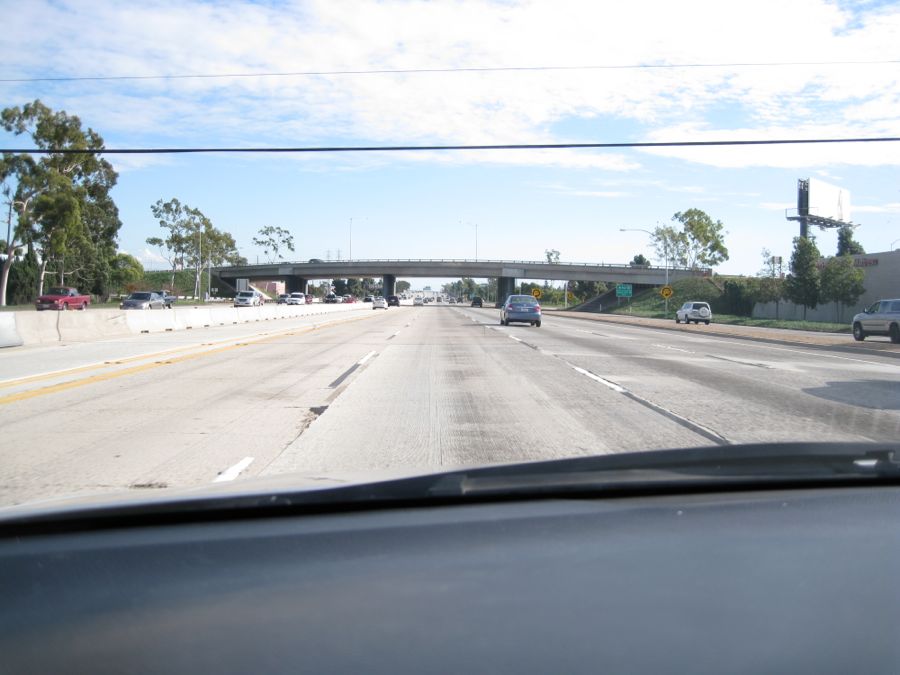
Our car knows the 405 very very well
The Original Film Was Called "Journey To Bountiful"
The film, set in the 1940s, tells the story of an elderly woman, Carrie Watts (Page), who wants to return home to the small town where she grew up, but is frequently stopped from leaving Houston by her daughter-in-law and an overprotective son who won't let her travel alone.
Old Mrs. Watts is determined to outwit her son and bossy daughter-in-law, and sets out to catch a train, only to find that trains don't go to Bountiful anymore. She eventually boards a bus to a town near her childhood home. On the journey, she befriends a girl traveling alone (DeMornay) and reminisces about her younger years and grieves for her lost relatives. Her son and daughter-in-law eventually track her down, with the help of the local police force. However, Mrs. Watts is determined. The local sheriff, moved by her yearning to visit her girlhood home, offers to drive her out to what remains of Bountiful. The village is deserted, and the few remaining houses are derelict. Mrs. Watts is moved to tears as she surveys her father's land and the remains of the family home. Her son eventually turns up, and drives her back to Houston.
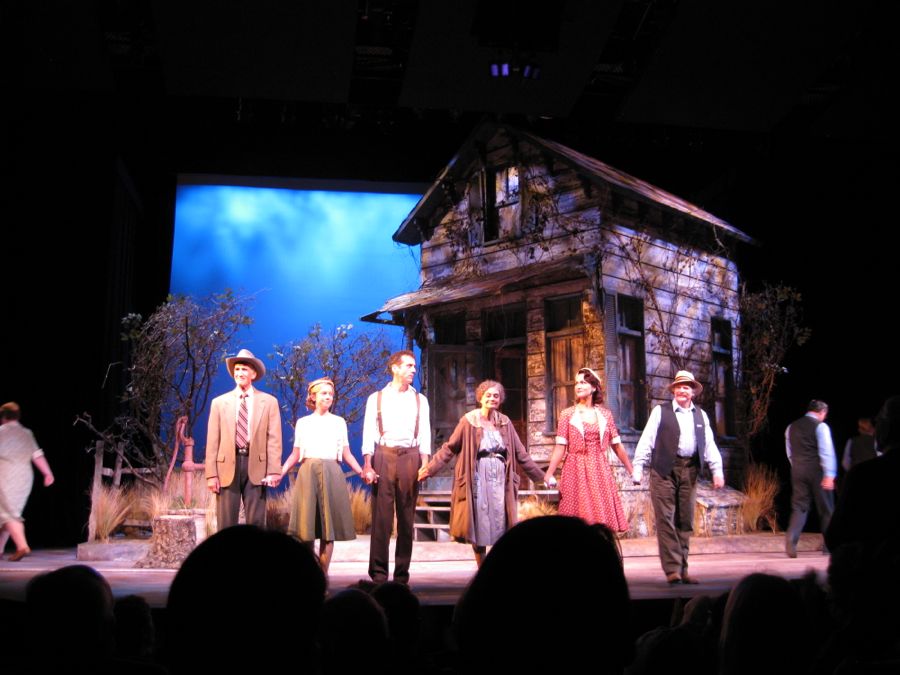
South Coast Reperatory did a magnificent job as usual
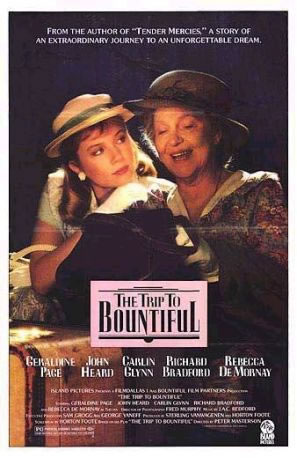
On The Road Again
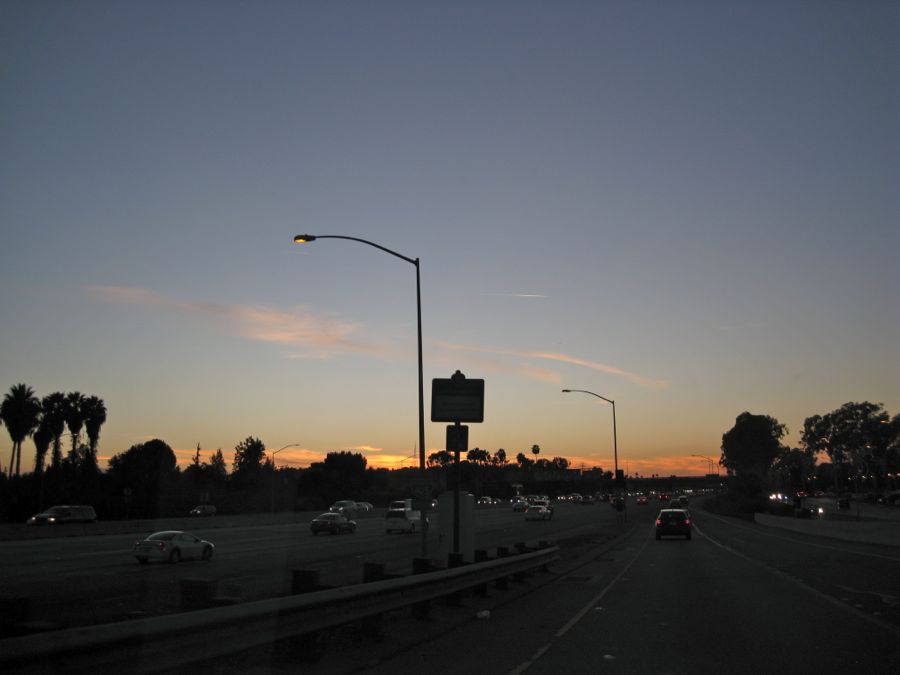
The Freeway Flyer

Paul thought it was a little salad.... OMG it was huge

Sue, Donna, Bob, and Herbie
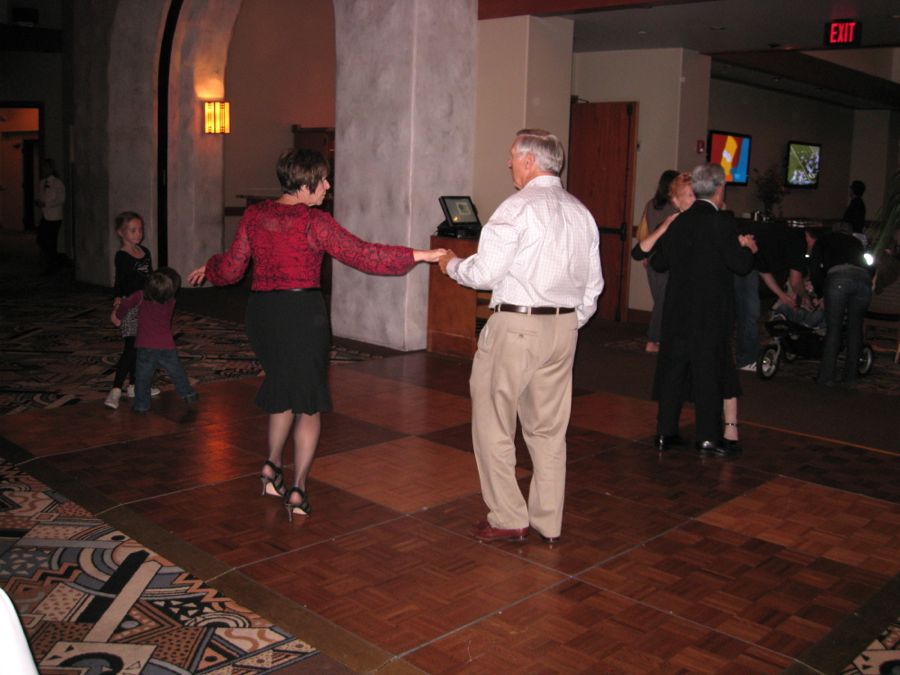
The Robert's show us how it is done
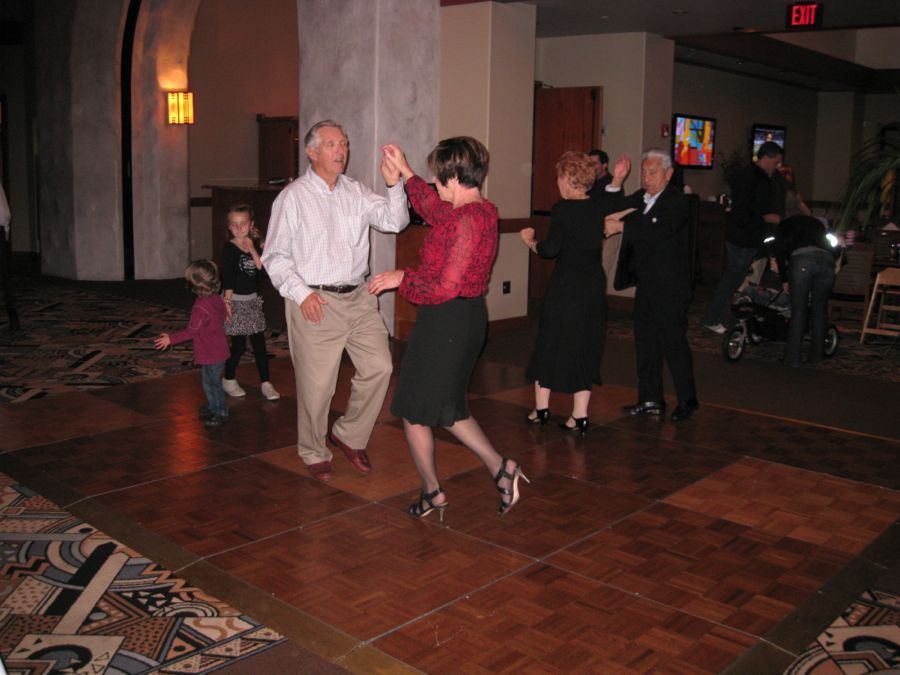
The kids were fascinated about the adults dancing
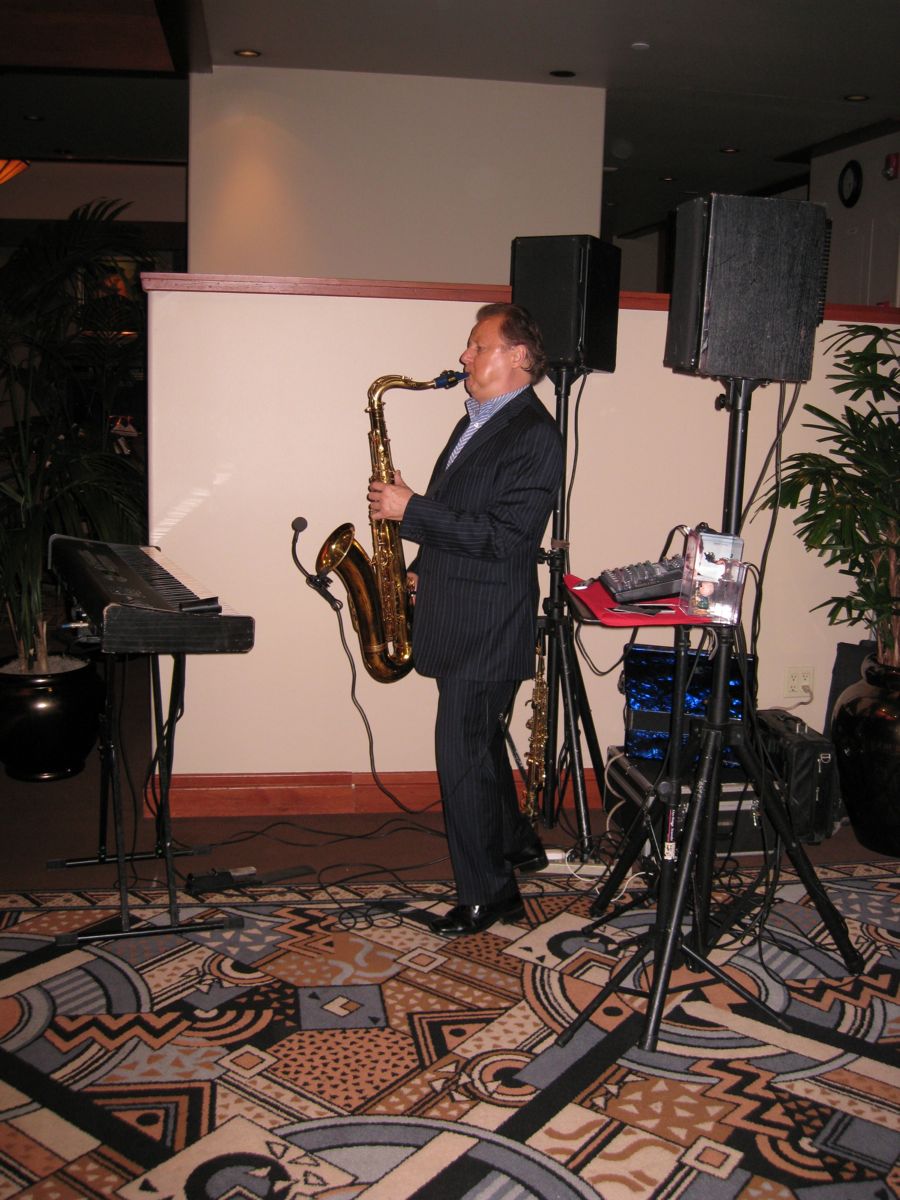
Steve made beautiful music
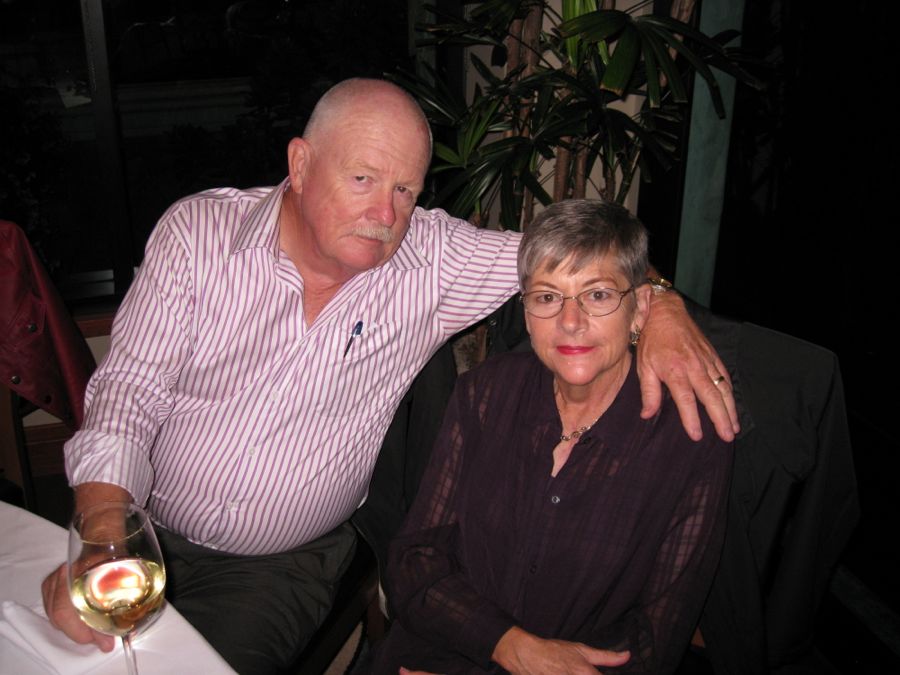
A little resting between dances
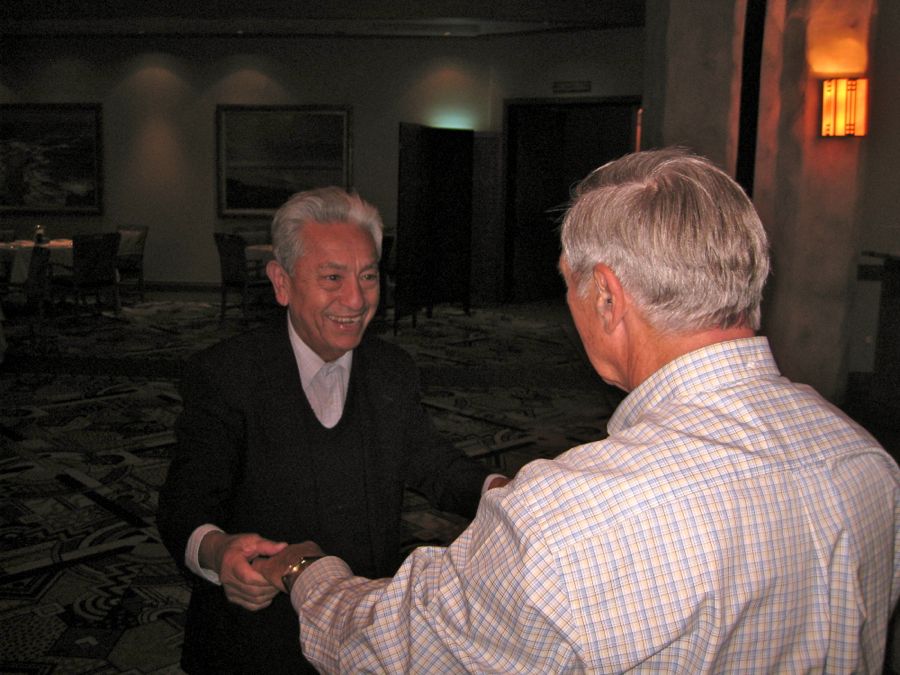
It's NOT how it looks.... Vince (a great dancer) is showing Ed the specifics of a new step
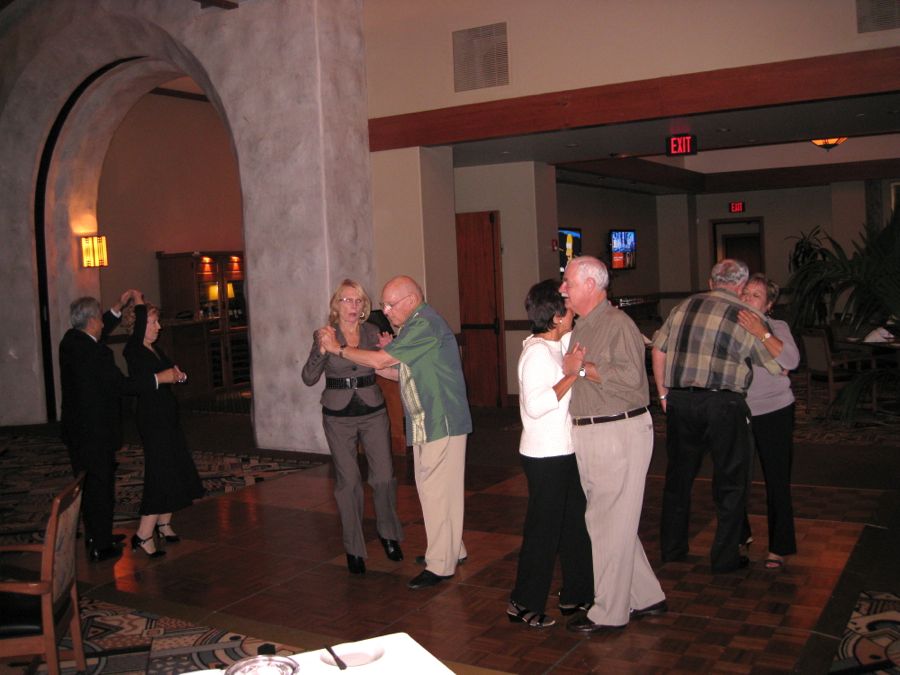
We all kept the floor warm
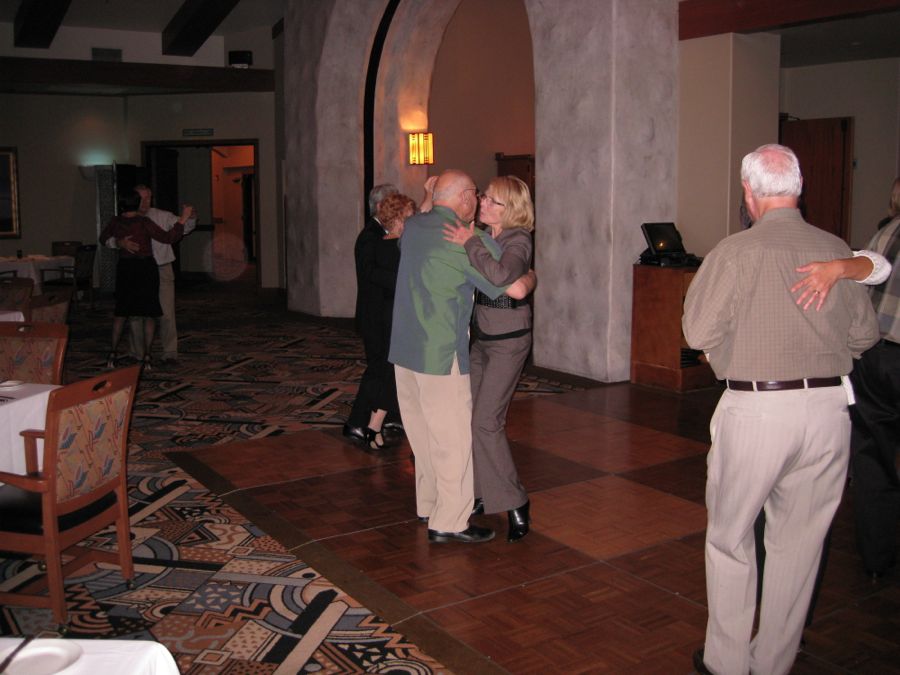
Herbie danced with everyone
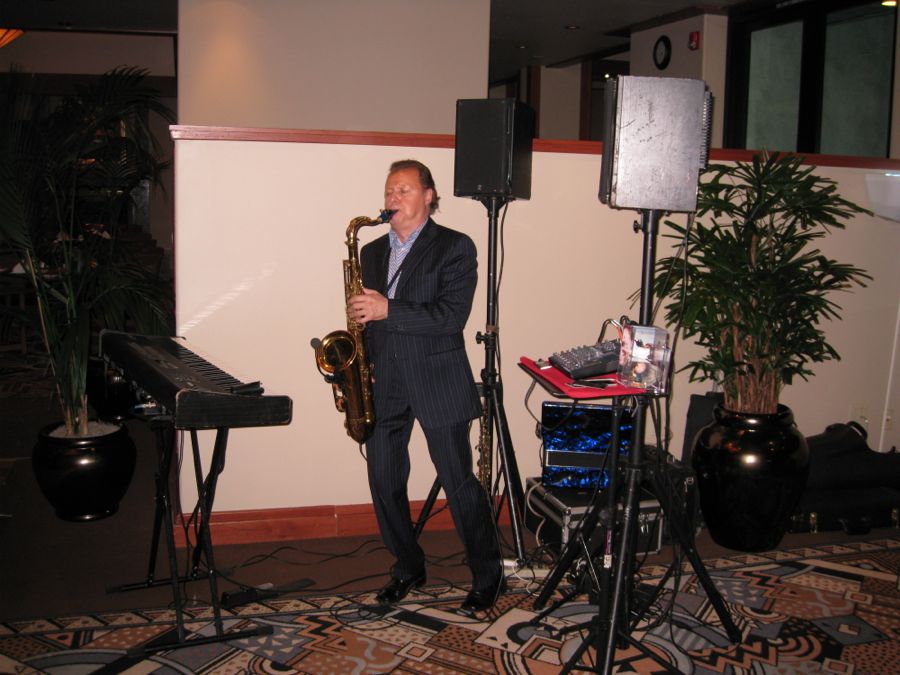
Tears in the eyes when he plays "American The Beautiful"
Did You Know? - "America the Beautiful" is an American patriotic song. The lyrics were written by Katharine Lee Bates and the music composed by church organist and choirmaster Samuel A. Ward.
Bates originally wrote the words as a poem, Pikes Peak, first published in the Fourth of July edition of the church periodical The Congregationalist in 1895. At that time, the poem was titled America for publication.
Ward had originally written the music, Materna, for the 19th century hymn O Mother dear, Jerusalem in 1882. Ward's music combined with the Bates poem was first published in 1910 and titled America the Beautiful.
The song is one of the most beloved and popular of the many American patriotic songs. From time to time it has been proposed as a replacement for The Star-Spangled Banner as the National Anthem, including television sign-offs.
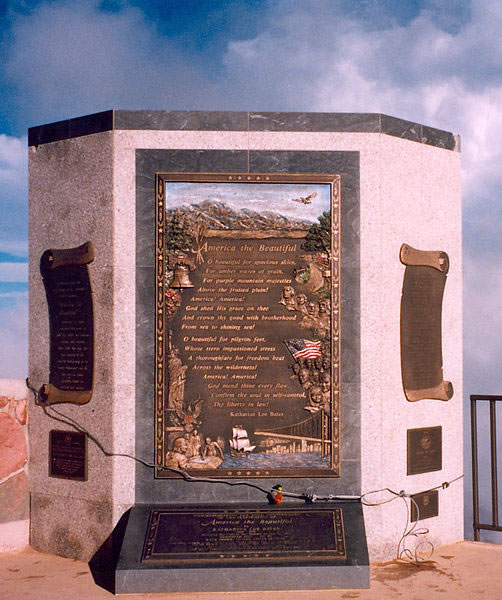
On the top of Pike's Peak
